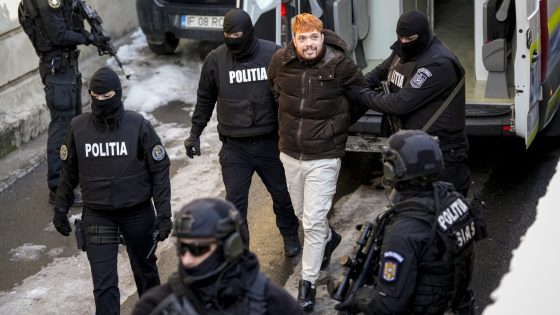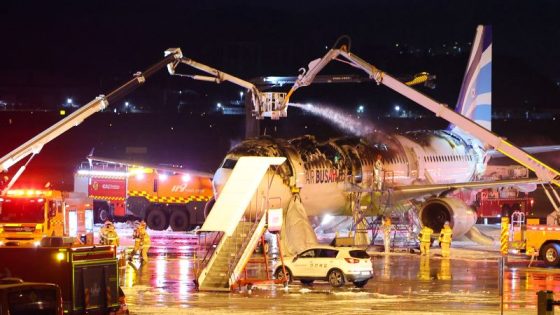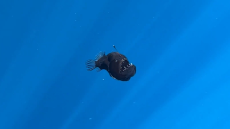The European Union’s foreign policy chief, Kaja Kallas, emphasized the need for EU member states to increase defence spending on February 1, 2025. Kallas, former prime minister of Estonia, stated that without stronger defences, funding for essential services like healthcare and education would be at risk. She highlighted the urgency of this issue in light of ongoing threats, particularly from Russia, which is spending significantly more on its military.
- EU must increase defence spending significantly.
- Kaja Kallas emphasizes vulnerability of social spending.
- Russia's defence spending is notably higher.
- New sanctions against Russia may be imminent.
- NATO countries should aim for 3% GDP spending.
- Aggression in Ukraine affects global security perceptions.
Kaja Kallas has called for increased defence spending among EU member states, warning that current levels are insufficient to address the continent’s security challenges. She noted that while Europe spends an average of 1.9% of its GDP on defence, Russia allocates approximately 9% of its GDP to military expenditures. Kallas argues that without enhanced spending, vital sectors such as education and healthcare remain vulnerable.
During an interview with the BBC, Kallas stated, “To prevent the war, we need to spend more, that is clear.” She also indicated that the EU must adopt creative strategies to limit Russia’s capacity to continue its military actions in Ukraine. Kallas hinted at a potential new sanctions package against Russia, coinciding with the three-year anniversary of the war in Ukraine.
Before her current role, Kallas advocated for higher defence budgets while serving as Estonia’s first female prime minister. In February 2024, she proposed that NATO countries should aim for a defence spending target of 3% of GDP. This call came after NATO members had previously committed to spending at least 2% of GDP on defence following Russia’s annexation of Crimea in 2014. Kallas has previously pledged over 1% of Estonia’s GDP to support Ukraine’s military efforts and believes that if all NATO countries increased their contributions, Ukraine would have a better chance of success.
In summary, Kaja Kallas’s remarks underscore the pressing need for EU member states to reassess and increase their defence budgets in response to evolving security threats, particularly from Russia. The emphasis on collective action and strategic spending aims to bolster not only military readiness but also the overall stability of the region.
In conclusion, Kallas’s advocacy for increased defence spending reflects a broader recognition of the security challenges facing Europe today. The call for unity and enhanced military investment is seen as crucial for ensuring the continent’s safety and stability in an increasingly volatile geopolitical landscape.



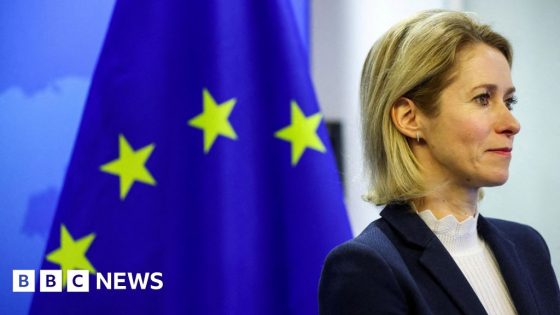

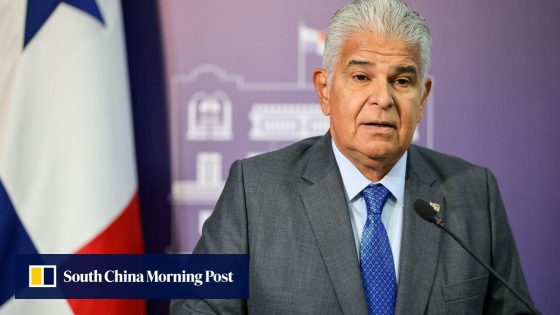
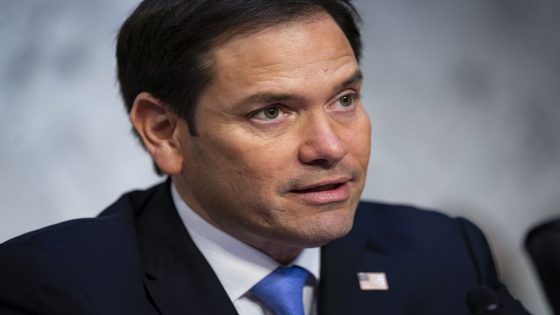

![Right: A wreath reading ″Singer IVE″ stands at the funeral hall for Kim Ha-neul, a 7-year-old girl who was allegedly stabbed to death by a teacher, at the Konyang University Hospital in Daejeon on Feb. 11. Left: Jang Won-young, a member of IVE, who Kim's father asked ″to come and see Ha-neul″ because ″Jang was Ha-neul's dream.″ [NEWS1]](https://news.faharas.net/wp-content/uploads/2025/02/IVE-Sends-Heartfelt-Wreath-to-Funeral-of-7-Year-Old-Stabbing-Victim-560x315.jpg)

